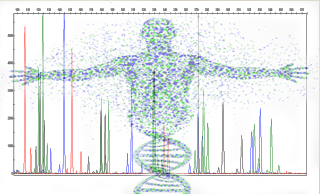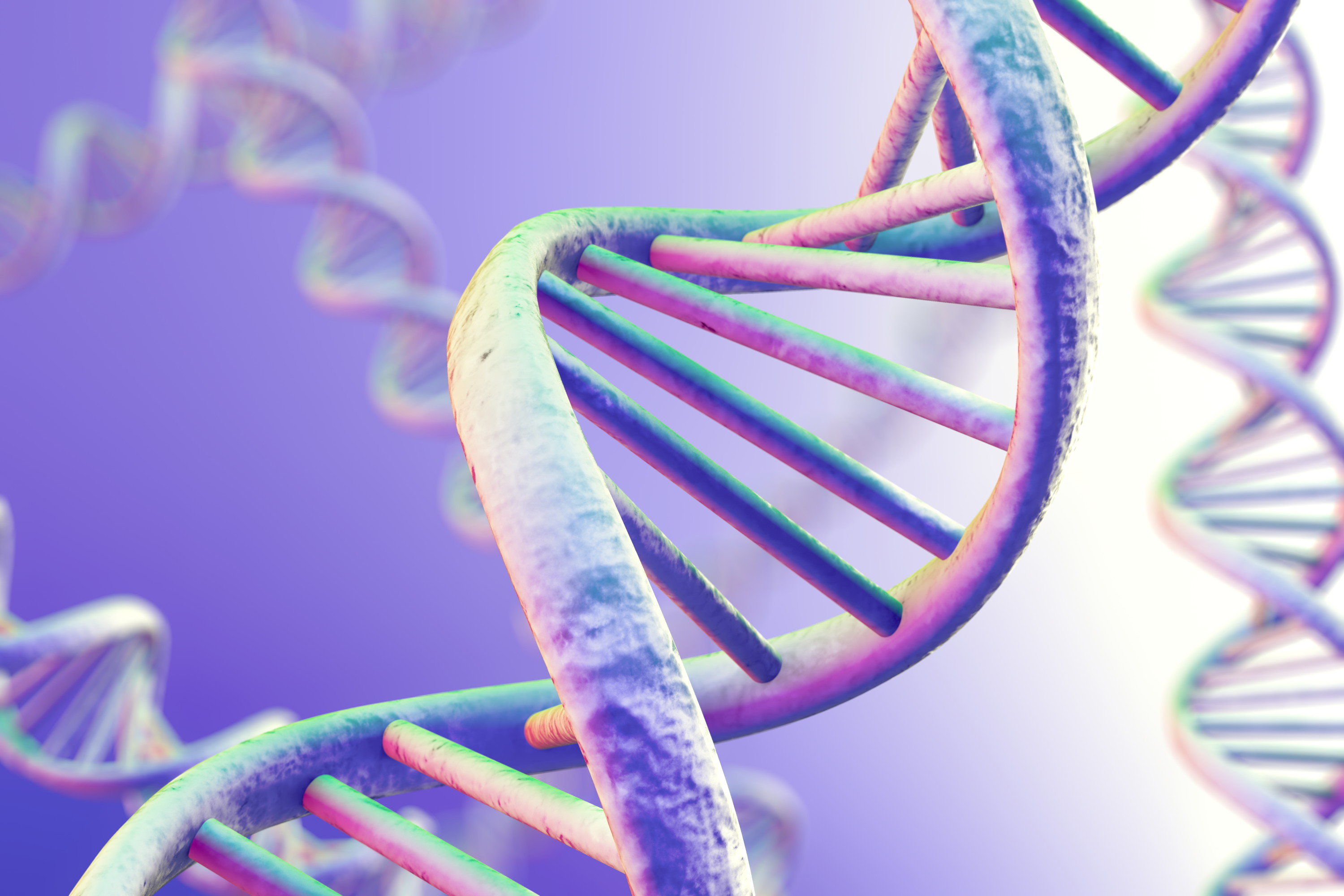A new college grad recently sought out my advice on how to prepare for an interview with a crime lab for a DNA position. He was especially interested in learning what the current testing methods were. As I drafted my email response to him and sought out helpful links, I decided to share some of this advice on the blog. Here are some of my thoughts and suggestions:
The forensic field is pretty competitive these days, so it may be necessary to first do an internship to get a leg up on the competition. Employers are going to be looking not only for technical knowledge, but poise in communication as courtroom testimony is an important part of the job.
In short, labs are looking at Short Tandem Repeat markers via PCR and capillary electrophoresis. Many of the analysis steps have become highly automated. Some labs are looking at Y-STR’s with kits such as Yfiler and mini-STR’s with kits such as MiniFiler. Very few labs perform mitochondrial DNA sequencing.
A couple of resources that will be helpful include:
-my website and blog : mbadnaconsulting.com forensicdnaconsulting.wordpress.com
-The FBI Quality Assurance Standards for DNA labs (take a look especially at the educational requirements to make sure you have all the coursework) https://www.fbi.gov/about-us/lab/biometric-analysis/codis/qas-standards-for-forensic-dna-testing-laboratories-effective-9-1-2011
– NIST’s STRbase: http://www.cstl.nist.gov/strbase/ (this is a great resource). The person behind this site, John Butler has authored textbooks that are excellent, such as: http://www.amazon.com/Advanced-Topics-Forensic-DNA-Typing/dp/0123745136/ref=sr_1_2?s=books&ie=UTF8&qid=1451435990&sr=1-2&keywords=john+butler+dna
-NFSTC online DNA training : http://projects.nfstc.org/pdi/
The two major vendors for forensic DNA equipment and chemistry are below:
https://www.thermofisher.com/us/en/home/industrial/human-identification.html
https://www.promega.com/products/genetic-identity/
You can also find the current protocols of some DNA laboratories online:
-http://www.in.gov/isp/labs/files/Biology_Casework_Test_Method.pdf
-http://www.dfs.virginia.gov/documentation-publications/manuals/
Best wishes to all forensic job seekers in 2016. I hope this information is helpful!



Good post. I suggest that one consider buying a copy of John Butler’s textbook, which is now in three volumes. I also think that Suzanna Ryan’s DNA articles are very readable and that the journal articles and other resources here are helpful: http://www.bioforensics.com/download-articles/
Happy New Year Chris! Thanks for the additional link.